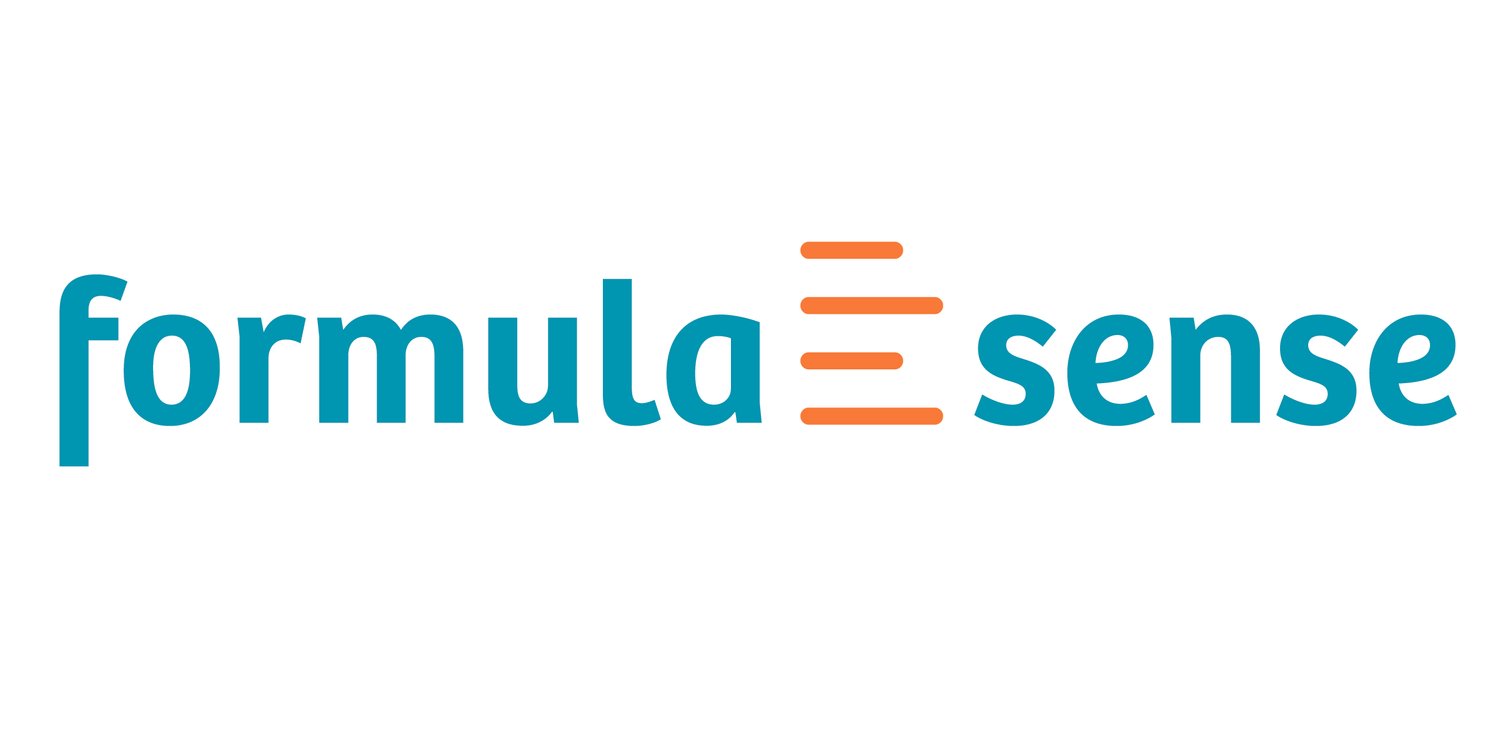Why Did You Get Those Free Formula Samples? During a Shortage No Less!
iStock/Getty
To write that the disruptions in the US infant formula market have been challenging is certainly clichéd. Challenging doesn’t even describe the experience fully: Financial and emotional worries. They exhausting search for preferred formula. Infants with medical problems without formula that is part of their treatment.
It has been arduous, grueling, and depleting.
When it is still so hard for some families to find formula, why are other mom’s wondering why baby formula has suddenly showed up at their doorsteps! Free formula that they don’t remember requesting.
Moreover, the samples received aren’t for everyday formulas, but those “just in case” your baby needs something special.
Modern Infant Formula Marketing Is a Problem
Formula companies have only marketed directly to consumers (mostly moms) since 1988. Direct consumer marketing was a big shift and one that the American Academy of Pediatrics did not like. By 2002, even marketing professors wondered how to go about ethical advertising of infant formula.
Marketing has changed a lot in the last twenty years, especially with the rise of social media and digital marketing. Online shopping habits are a rich trove of information that companies can use for a long time.
Combined with pain point marketing companies camouflage marketing as education and support.
Formula Marketing Before Pregnancy
As reported in The Guardian, formula companies now use pregnancy and fertility online shopping and browsing behaviors to target women before their first pregnancy. For example, a woman planning a pregnancy may search for good deals on folic acid, a nutrient needed to prevent birth defects. This data can be saved for future use
Data mining to understand future behavior is called predictive analytics. It is not a particularly new business strategy. We’ve gotten quite used to it in fact.
In 2012, Charles Duhigg reported that Target started working on this digital marketing strategy in 2002. His telling included a shocking revelation, a father earned of his teenage daughter’s pregnancy through special offers on baby items sent directly to here. The exact veracity of this anecdote has been disproven by the source of that story, Eric Siegel. Nonetheless, collecting behaviors for predictive analytics is a daily way of life on the Internet.
iStock/Getty
This brings up back to the question of how a mom could get formula she doesn’t remember requesting it? The answer is pregnancy apps and “baby clubs” that are either sponsored by formula companies or provide personal information to formula makers. Sponsorship of these clubs What and
Getting Free Formula Samples
Some women may not remember providing their personal information to a formula company. Perhaps they even did so many months before the samples arrive at their door. This was the case for a mom who recently offered free formula through a group I belong to. She described the formula as being samples. I wrote to her asking about their source. I also I told her of other women being adamant that they didn’t request formula. I was curious about what she remembers. Here is what she told me:
I’m pretty sure I didn’t sign up for it- but I may have. I vaguely remember signing up for something through a pregnancy app saying I’d be happy to accept samples.
Her response makes a lot of sense doesn’t it? A vague memory of a small action she took months ago. The footprints are muddy.
Perhaps she wouldn’t have done it if she knew she was signing up for formula? Nonetheless she kept it “just in case”. Formula company pain point marketing worked.
Why Free Formula Samples Should Stop
Pain Point Marketing of Formula Has Become Manipulative
Pain point marketing is a strategy that points out specific problems that customers or potential customers may face. When done with integrity, it is helpful. We all have problems and need solutions. But, when potential problems are framed as definite ones, expectations shift. This is exactly what is happening in infant formula marketing. Natural, expected baby behaviors and ailments experienced only by a few babies are fashioned into expectations. The uncommon becomes common. The short-term annoyance becomes a perpetual problem. Pain point marketing creates a problem, rather than solves one.
Sure, getting something for free is nice! If you look closely inside the box, (see this picture from Annika Connor) you’ll see that two of three of the products (67%) are for gentle or sensitive products.
Formula Samples Aren’t “Free”
Sending product in the mail costs money to the company, expenses that can only be passed on to the consumer. Hospitals ditched samples (also known as discharge packages) over ten years ago, when research showed that they undermined breastfeeding. Moreover, sharing of personal information with companies allows it to be sold for further interest-based advertising.
Formula samples can be wasteful. Busy families don’t always have time to give them away to others. Local mothers in an online group I belong to regularly attempt to give away formula that will expire in less than a week.
Formula samples are also being misdirected to women who do not have children nor intend to. This shows how marketing and sales is completely disconnected from authentic support and help. This is especially egregious when formula shelves were bare. As this woman near Detroit explained to her local news station, “I am 40 years old, I’m single, I don’t have any children…. So I was a little bit baffled by why I was receiving samples of formula.”
Key Take Aways
What and how to feed a baby is person decision and one that formula makers are getting too involved in. Pain point marketing has become manipulative. Sending out samples intended for problems situations changes expectations. Women should not receive formula that they did not request. Formula samples can too often be wasteful.
Formula-feeding is not wrong. Indeed, it is a necessity for many families. Something as fundamental to families and society needs better policies that support families rather than the businesses.




